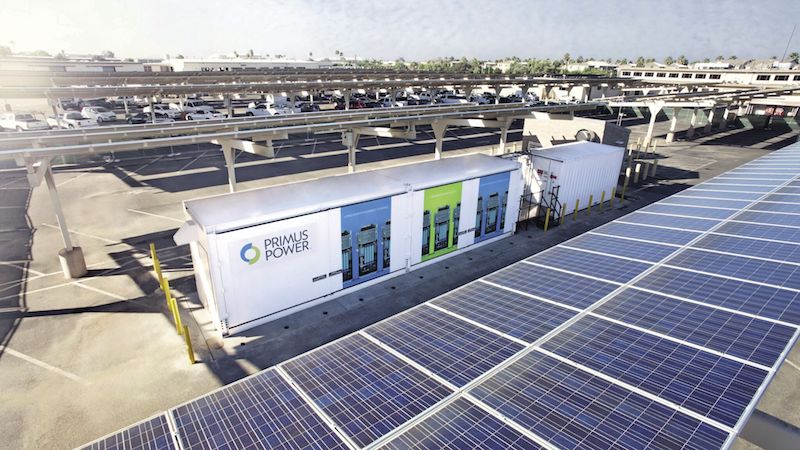The Office for Low Emission Vehicles, Innovate UK, and UK Research and Innovation have announced they will support innovative EV charging solutions in the U.K.
According to the announcement, the partners are calling for applications from businesses that can provide new electric vehicle (EV) charging solutions.
With a total project volume of US$53 million, multiple successful applicants are set to benefit from the business development. The project's scope is to find solutions for EV charging in areas where off-street parking solutions are not an option, and to find wireless charging solutions for taxis and service vehicles.
According to the announcement, the funding will be split between two areas of EV charging. One examines charging for users without suitable off-street parking, like private driveways and garages. To this end, the project initiators will allocate the funds after an initial round of applications, closing on August 29, to promising entries.
During the first phase, between $98,000 and $157,000 will be allocated to each project, whereby the phase one trial should last up to three months. After the initial proof of concept, a selection of the candidates from round one will receive between $5 million and $10 million for a large-scale demonstration.
The second phase is set to last up to 18 months. In the call for applications, project developers must highlight the importance of financial feasibility, as projects are required to be capable of attracting 70% of their project costs.
Additionally, the project will also allocate funds to wireless charging solutions for taxis and service vehicles, operating at airports or stations, for example. The project outline for the support of wireless charging solutions is very similar to the framework for the support of EV charging in urban areas.
The U.K. government released its Road to Zero plan this week, which specifies the government's ambitions to increase the share of EV’s on its roads significantly. The program sets out that by 2030, between 50 and 70% of new car sales should be ultra-low emission.
The government did, however, acknowledge that the task is accompanied by unneglectable challenges, for example by providing a low-cost and convenient charging infrastructure. This project seeks to tackle this challenge to further proceed with the governments Road to zero plan.
This content is protected by copyright and may not be reused. If you want to cooperate with us and would like to reuse some of our content, please contact: editors@pv-magazine.com.




By submitting this form you agree to pv magazine using your data for the purposes of publishing your comment.
Your personal data will only be disclosed or otherwise transmitted to third parties for the purposes of spam filtering or if this is necessary for technical maintenance of the website. Any other transfer to third parties will not take place unless this is justified on the basis of applicable data protection regulations or if pv magazine is legally obliged to do so.
You may revoke this consent at any time with effect for the future, in which case your personal data will be deleted immediately. Otherwise, your data will be deleted if pv magazine has processed your request or the purpose of data storage is fulfilled.
Further information on data privacy can be found in our Data Protection Policy.